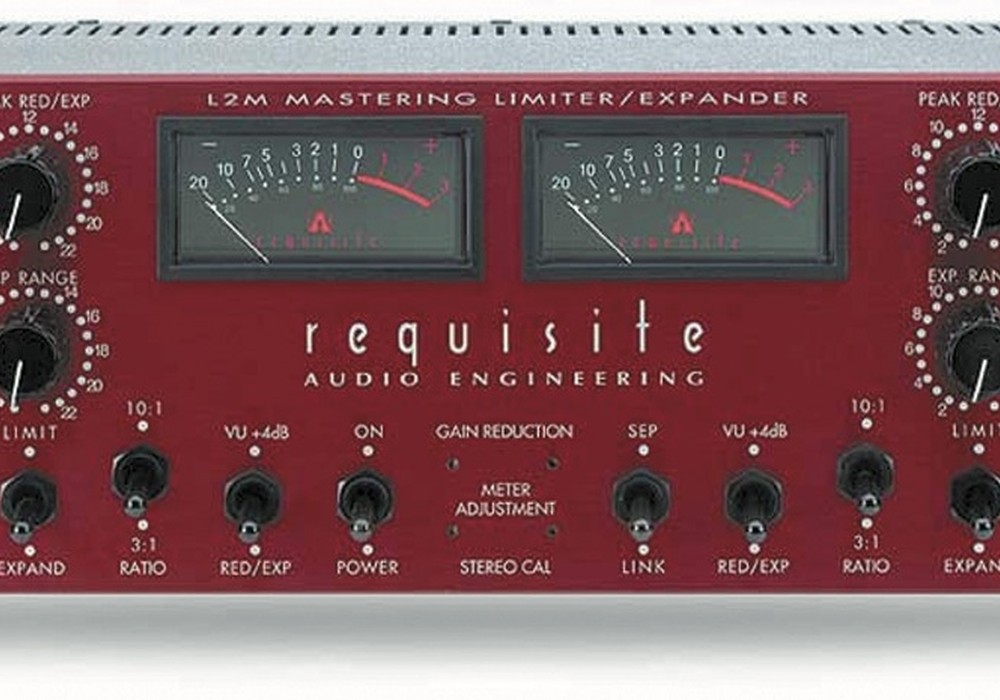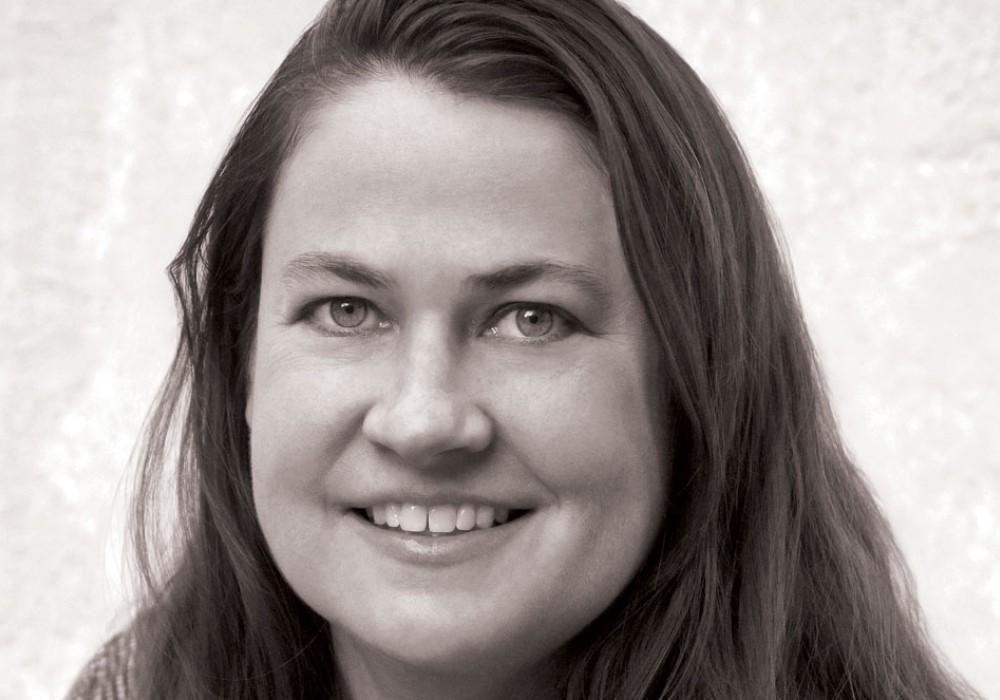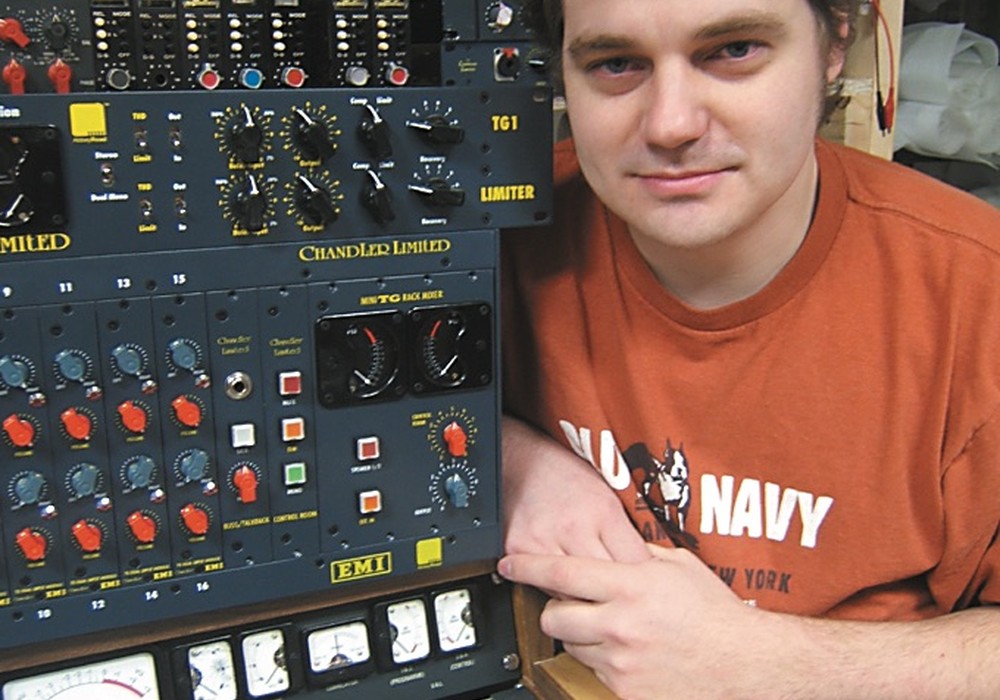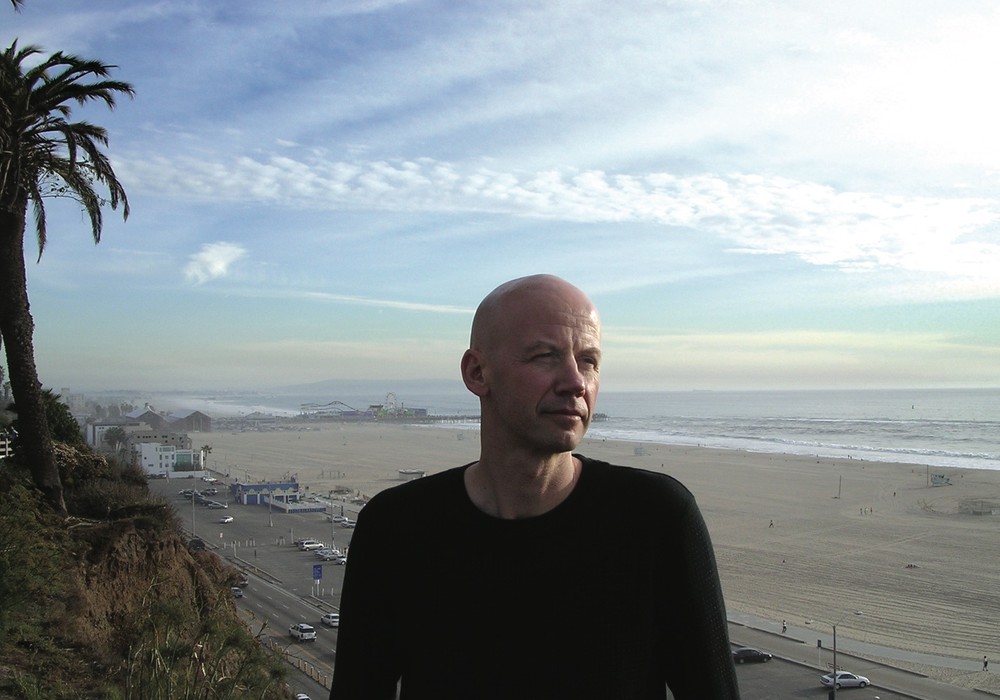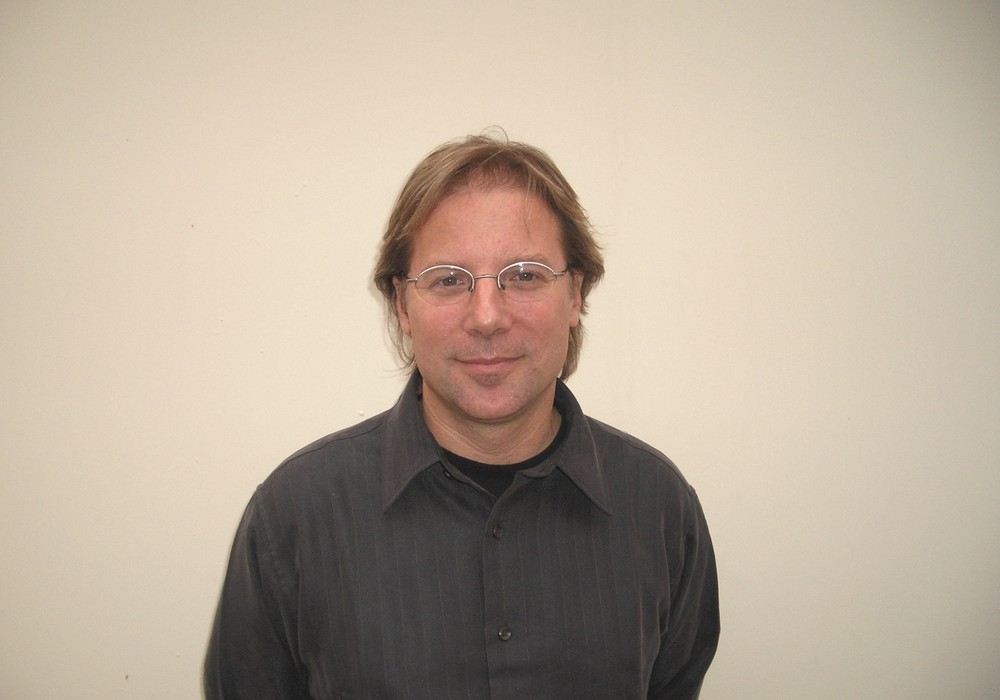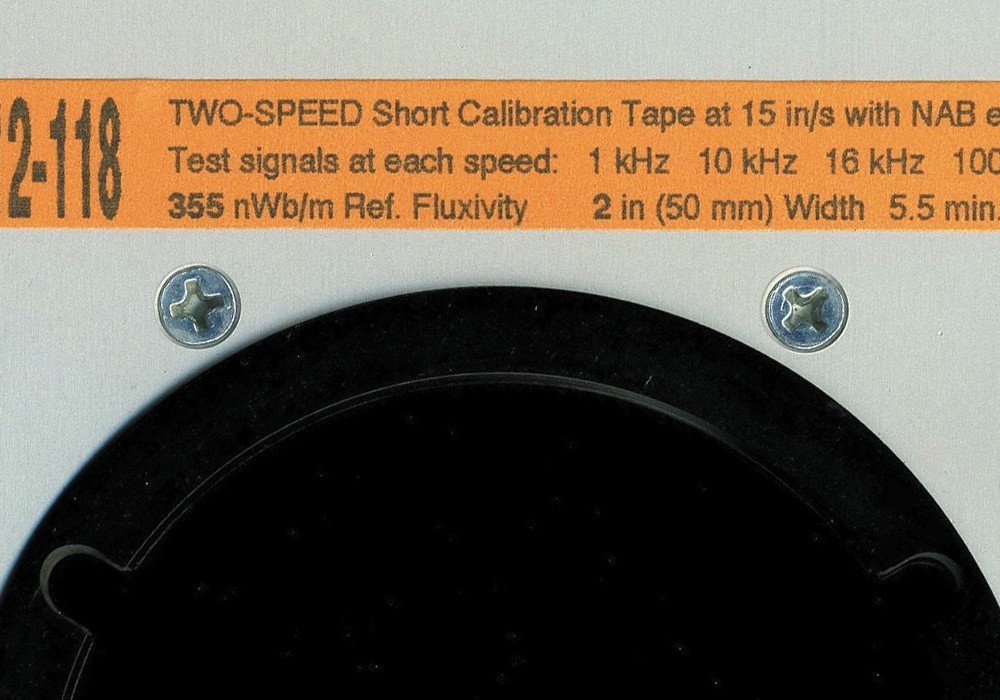In my own stubborn world of recording, sample libraries are slowly making inroads. Almost everything I work with involves real instruments recorded in a room, yet sampled strings, Mellotron and even percussion have found their way into my work as a producer. EASTWEST and Quantum Leap have some of the most popular sample libraries in the business, like the Fab Four "Beatles" set, [see Dana G's review on page 76] Pianos and Orchestra Platinum Bundle. They've even developed the PLAY software system for sample playback. These are not some cheap "free with GarageBand" samples — this stuff is serious and is priced accordingly; yet their healthy sales prove there's a demand for samples of this quality. To top it off, EASTWEST purchased the Cello/Western Recorders in 2006 as a workspace. Hey Doug, thanks for saving that studio from the wrecking ball...
People want to know what's up with EASTWEST Studios — the former Cello/Western Recorders. Is it open to the public yet?
D: We got held up for a long time with permits. We are more or less rebuilding the entire place. We haven't touched the studios because I'd be stoned to death if I did that. I didn't want to anyway because they sound so fantastic — but everything else got torn out of there. We got Philippe Starck to design the rest of the place. The cost will be ten million dollars when it's done. No studio owner could rationalize spending that kind of money based on today's market — it's only because of our software business that we can justify doing this. It'll be half for our use and half for outside clients.
Have you already had people express interest in getting in there?
D: Oh, absolutely. We've had calls from many top producers, some wanting to book their favorite room for up to eighteen months. Unfortunately I can't do that, because our primary reason for buying it was for recording our stuff in there. I put the studios together so that we can record in any control room and any studio combination — we can use all of the rooms if a particular sound works in a particular space.
How many sample libraries are there on EASTWEST/Quantum Leap right now?
D: We probably have fifty or sixty.
Nick, Were you working independently before joining forces with Doug?
N: I've always been a composer. I did one sample title, brought it to Doug and said, "Would you like to distribute this?" He said, "Yeah, great." It was Quantum Leap Guitar & Bass — that was over ten years ago and we've worked together ever since. I compose; the sounds I'm looking for that I need for compositions spark ideas for products, or Doug has ideas and we just go for it.
You guys work in different fields but collaborate as well. From my under-standing, you're coming from a slightly more electronic background.
N: Not really. I learned classical piano as a kid. I like electronic music as well but I'm more from the film score, classical. Doug is more the engineer, producer, entrepreneur.
How much actual work goes into creating a string library.
N: It's very tedious. It's interesting how different players respond to that. If you get very good players they actually get into it because they're so good with their instrument. It's very different when you've got to sample a violin rather than playing pieces of music. Quite a few years ago we found that getting the best players, the best equipment and the best room is worth it. It's not worth it to take short cuts.
Were there experiences before where you had a player that you realized wasn't up to par to what you were trying to accomplish?
N: Yeah it happens, and that gets thrown away or only a little bit of it gets used. With Symphonic Orchestra, we had to plan out so many different articulations and plan our time. You can't block a major concert hall out for a year, which is what you'd need if you want to do every possible, imaginable sample. You only have a certain amount of time so you have to be extremely efficient with your time. We managed to make a project in the tiny fraction of the time of what Vienna did with their [Vienna Symphonic Library]. It's more popular than Vienna's because we got the right sound and exactly captured the things that we needed. It's a lot of work — writing out scores to save time to keep everything organized.
D: It's still the only one that's been done in a concert hall, which blows my mind. Isn't that where most people listen to an orchestra? Around 2003 we decided that we were going to do an orchestral [sample library]. We tried to figure out how to do something that was different than what was already on the market. It seemed obvious to do 5.1 [surround]...
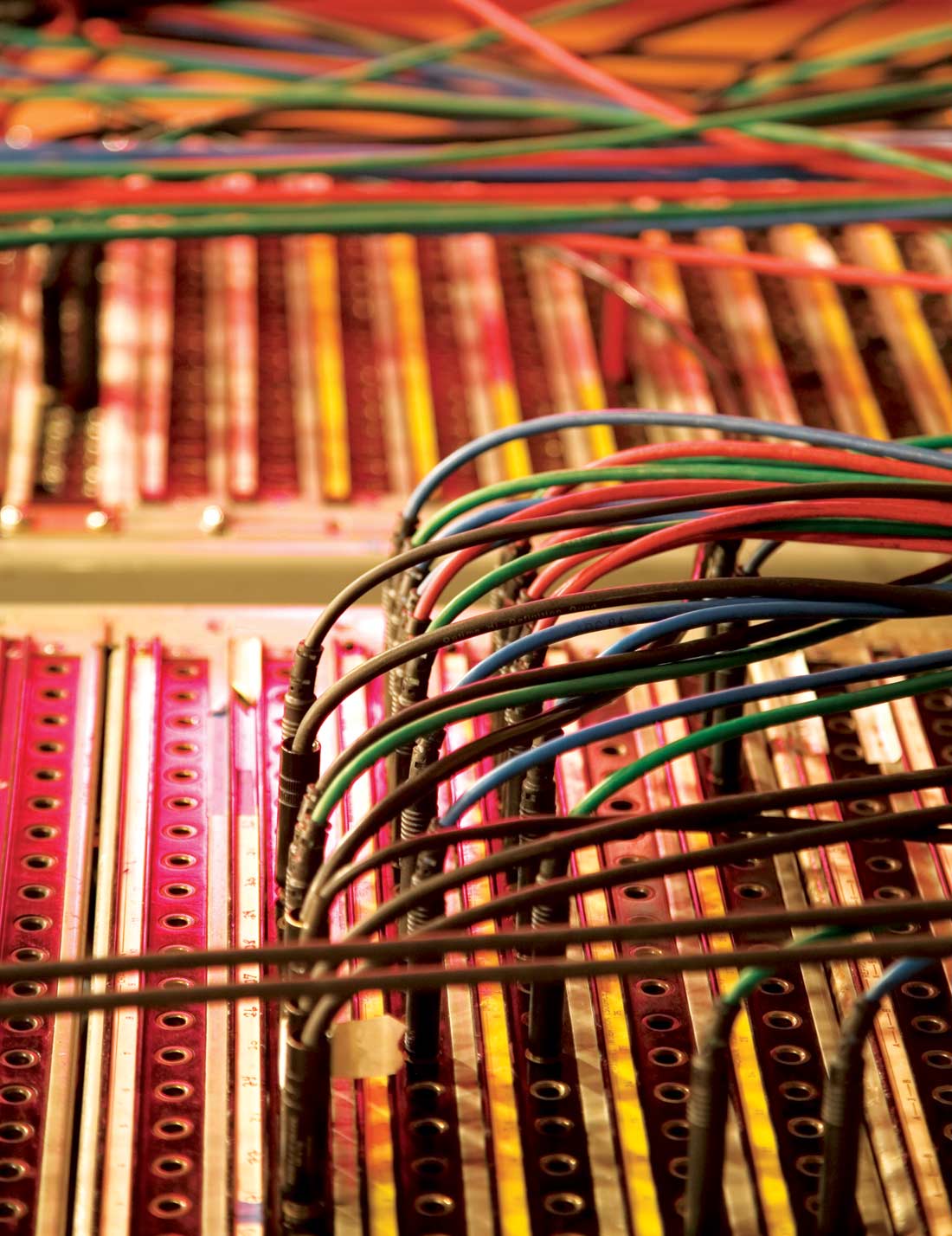

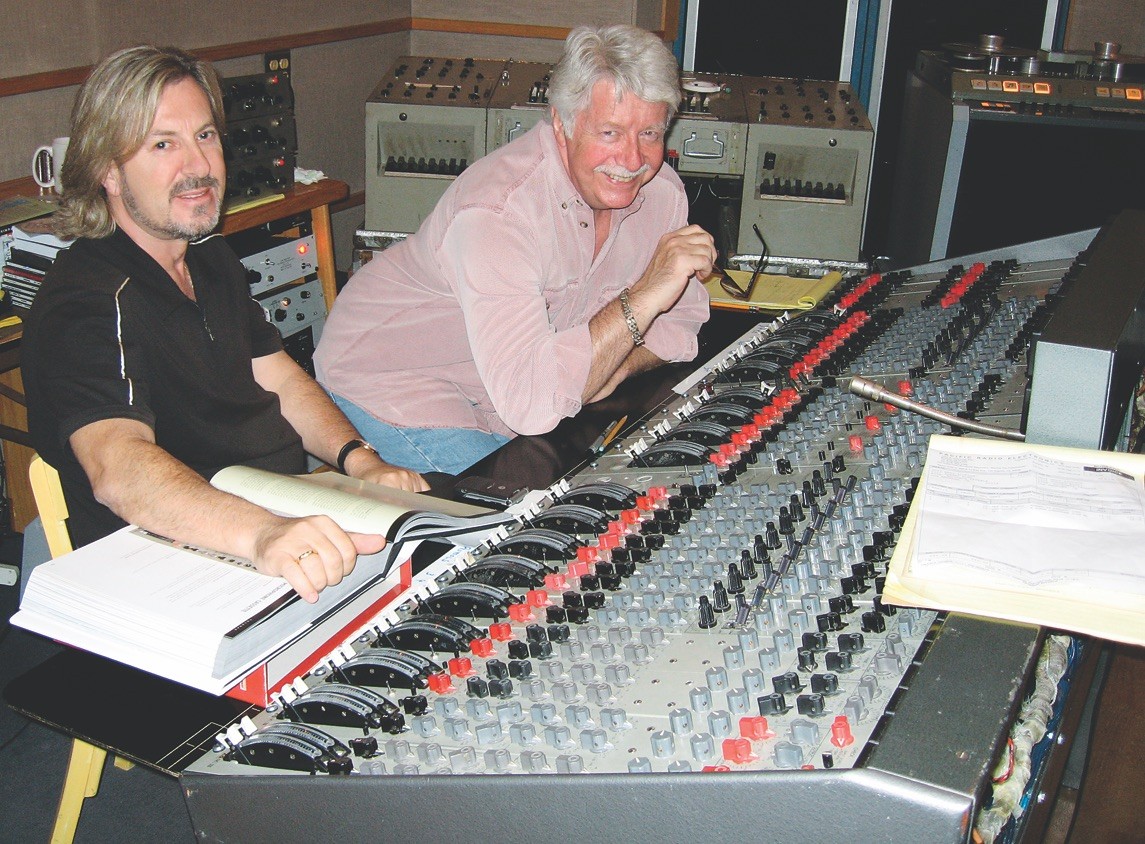
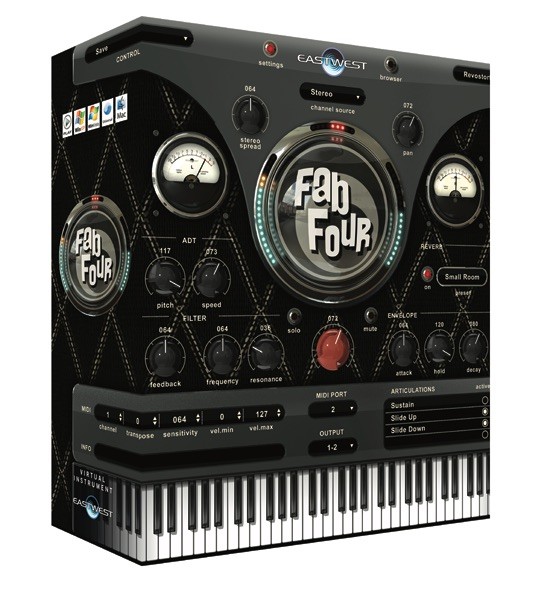


_disp_horizontal_bw.jpg)

